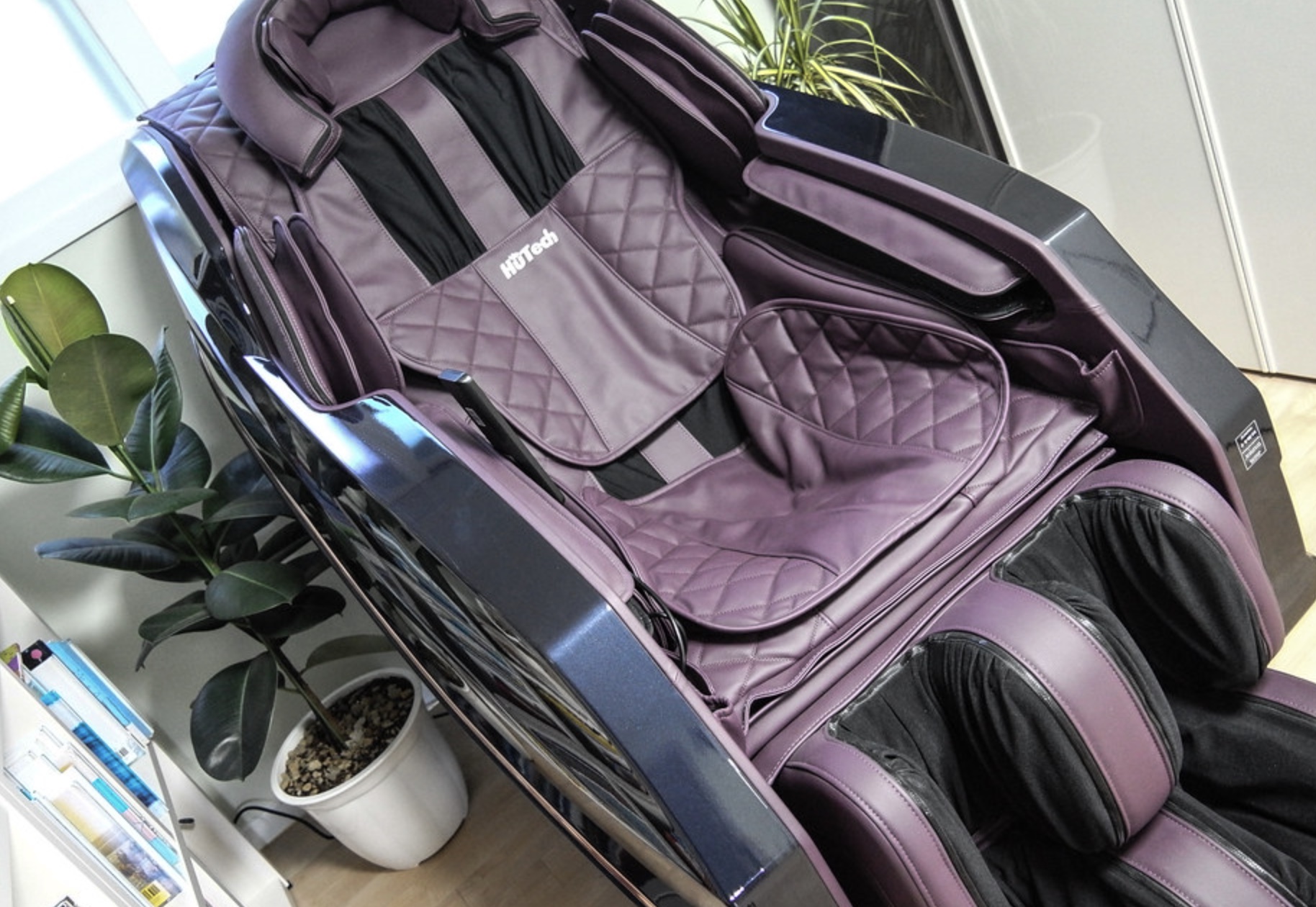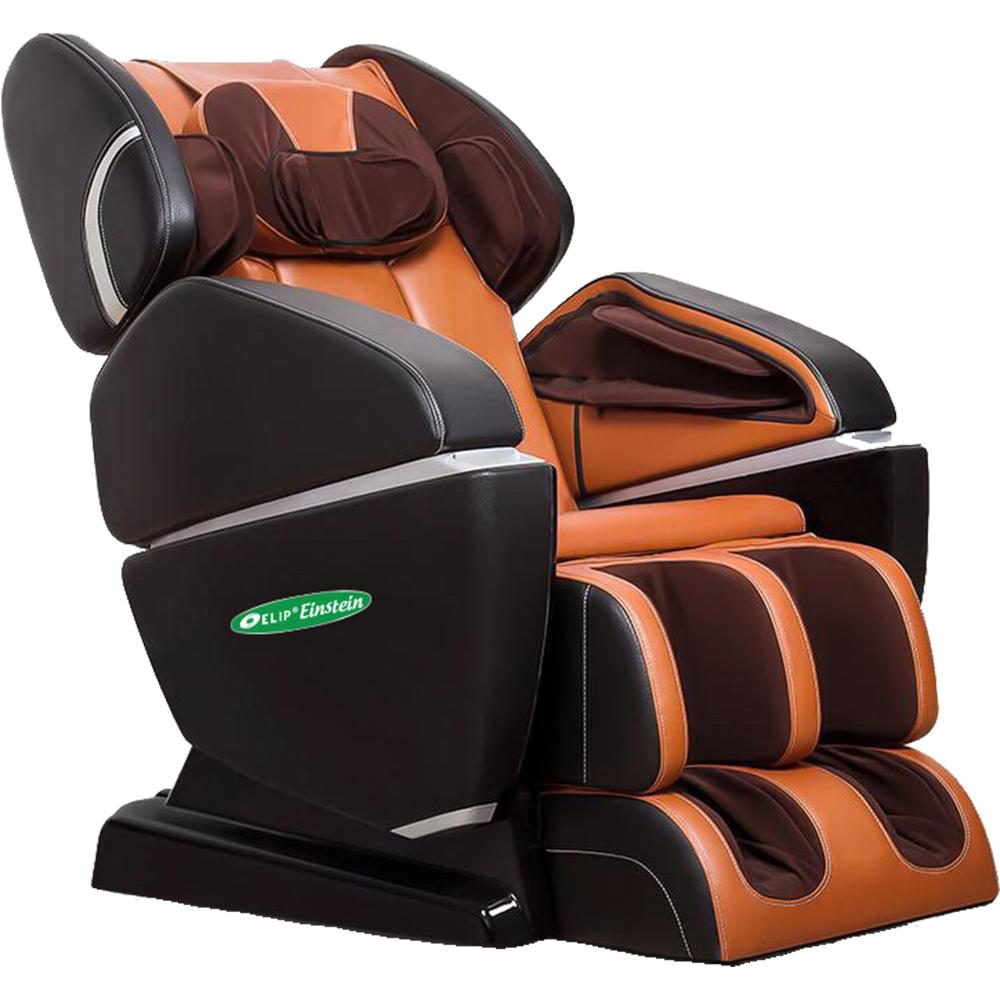Coverage for Massage Chairs as a Medical Device

Insurance companies typically cover medical devices when they are deemed medically necessary to treat a specific health condition. They evaluate whether a device is medically necessary based on a set of criteria that includes the device’s effectiveness, safety, and cost-effectiveness.
Criteria for Classifying Medical Devices
Insurance companies typically use a combination of factors to determine if a device qualifies as a medical device. These include:
- FDA Approval: The device must be approved by the Food and Drug Administration (FDA) for the specific medical purpose it is intended to serve. This ensures the device meets certain safety and efficacy standards.
- Clinical Evidence: There should be sufficient scientific evidence demonstrating the device’s effectiveness in treating the intended medical condition. This evidence often comes from clinical trials and studies.
- Medical Necessity: The device must be deemed medically necessary for the treatment of a specific condition, meaning that alternative treatment options are not suitable or effective. This determination is usually made by a healthcare professional.
- Cost-Effectiveness: Insurance companies consider the cost of the device and its treatment in relation to the potential benefits for the patient. They may evaluate the long-term cost savings associated with the device compared to other treatment options.
Medical Conditions Where Massage Chairs May Be Considered Medically Necessary, Will insurance pay for a massage chair
Massage chairs may be considered medically necessary for certain conditions when prescribed by a healthcare professional. These conditions often involve musculoskeletal pain, stiffness, or impaired mobility. Examples include:
- Chronic Back Pain: Massage chairs can provide targeted massage therapy to relieve muscle tension and stiffness in the back, which can be beneficial for individuals with chronic back pain.
- Neck Pain: Massage chairs with neck massage features can help alleviate neck pain and stiffness by targeting specific muscles and improving blood circulation.
- Fibromyalgia: Massage chairs may be helpful for managing symptoms of fibromyalgia, a condition characterized by widespread musculoskeletal pain, fatigue, and sleep problems.
- Multiple Sclerosis (MS): Some individuals with MS experience muscle spasms and stiffness. Massage chairs can help relax muscles and improve mobility.
Medical Documentation to Support a Claim
To increase the chances of insurance coverage for a massage chair as a medical device, it is essential to have appropriate medical documentation. This documentation should demonstrate the medical necessity of the device for the specific condition.
- Physician’s Prescription: A physician’s prescription specifically stating that a massage chair is medically necessary for the patient’s condition is crucial. The prescription should detail the patient’s diagnosis, treatment plan, and the expected benefits of using the massage chair.
- Medical Records: Detailed medical records documenting the patient’s medical history, diagnosis, and previous treatment attempts can support the claim. These records should demonstrate that alternative treatment options have not been effective.
- Physical Therapy Evaluation: A physical therapist’s evaluation and recommendations can provide further evidence of the patient’s need for massage therapy. The evaluation should assess the patient’s functional limitations and identify the specific benefits of using a massage chair.
- Clinical Studies: If available, studies demonstrating the effectiveness of massage chairs in treating the specific condition can strengthen the claim. These studies should be peer-reviewed and published in reputable medical journals.
Coverage for Massage Chairs as a Wellness Benefit

Massage chairs are increasingly popular for their potential to improve health and well-being. While some consider them medical devices, others view them as wellness tools. Insurance plans may offer coverage for massage chairs under wellness benefits, depending on the specific plan and its provisions.
Insurance Plans Offering Wellness Benefits
Insurance plans that offer coverage for wellness benefits are designed to promote healthy lifestyles and preventive care. These plans often include coverage for a range of services and products, such as gym memberships, fitness trackers, and health coaching.
- Health Maintenance Organizations (HMOs): Some HMOs offer wellness programs that may include coverage for massage chairs, particularly if they are prescribed by a physician for a specific medical condition.
- Preferred Provider Organizations (PPOs): PPOs generally have more flexibility than HMOs and may offer coverage for wellness benefits, including massage chairs, depending on the specific plan and provider network.
- Employer-Sponsored Plans: Many employers offer wellness programs as part of their employee benefits package. These programs often include coverage for massage chairs, particularly if they are seen as promoting employee health and well-being.
- Flexible Spending Accounts (FSAs): FSAs allow employees to set aside pre-tax dollars to pay for eligible medical expenses, including some wellness-related expenses. Massage chairs may be eligible for FSA reimbursement if they are deemed medically necessary or prescribed by a physician.
Types of Wellness Benefits
Wellness benefits typically cover services and products that promote health and well-being.
- Fitness and Exercise: Coverage for gym memberships, fitness trackers, and exercise classes.
- Nutrition and Weight Management: Coverage for nutrition counseling, weight loss programs, and healthy food choices.
- Stress Management: Coverage for stress reduction techniques, such as yoga, meditation, and massage therapy.
- Smoking Cessation: Coverage for smoking cessation programs, counseling, and nicotine replacement therapy.
- Health Screenings: Coverage for preventive health screenings, such as blood pressure checks, cholesterol tests, and mammograms.
Coverage Limitations and Restrictions
Wellness benefits often have limitations and restrictions compared to medical benefits.
- Limited Coverage: Coverage for wellness benefits may be limited to a specific dollar amount or number of sessions per year.
- Pre-authorization Requirements: Some insurance plans require pre-authorization for certain wellness benefits, such as massage chairs. This means you may need to obtain approval from your insurance company before purchasing a massage chair.
- Medical Necessity: Coverage for massage chairs as a wellness benefit may be contingent on medical necessity. This means that your doctor may need to prescribe the massage chair for a specific medical condition.
- Provider Network: Coverage for wellness benefits may be limited to specific providers within the insurance plan’s network. This means that you may not be able to purchase a massage chair from just any retailer.
Factors Influencing Coverage Decisions: Will Insurance Pay For A Massage Chair

Insurance coverage for massage chairs is influenced by a complex interplay of factors, including the individual’s health status, the type of massage chair, and the presence of pre-existing conditions. These factors determine the likelihood of coverage and the extent of benefits provided.
Individual’s Health History and Medical Needs
The individual’s health history and medical needs play a crucial role in coverage decisions. Insurance companies often consider the following factors:
- Diagnosis and Treatment Plan: If the massage chair is prescribed by a physician as part of a treatment plan for a specific medical condition, such as chronic pain, muscle spasms, or anxiety, it is more likely to be covered. For example, a physician may recommend a massage chair for a patient with lower back pain, and the insurance company might cover the cost if it is deemed medically necessary.
- Previous Medical History: Individuals with a history of specific conditions, such as musculoskeletal disorders or neurological conditions, may have a higher likelihood of coverage for massage chairs. For instance, a patient with fibromyalgia may benefit from massage therapy, and their insurance may cover a massage chair as part of their overall treatment plan.
- Current Medical Needs: The current medical needs of the individual are also considered. If a massage chair is deemed essential for managing pain, improving mobility, or enhancing overall well-being, insurance coverage may be more likely. For example, a person with arthritis may require a massage chair to alleviate joint stiffness and improve range of motion.
Type of Massage Chair
The type of massage chair significantly influences coverage eligibility. Insurance companies often differentiate between:
- Medical-Grade Massage Chairs: These chairs are designed for therapeutic purposes and often have features like adjustable pressure, heat therapy, and targeted massage techniques. They are more likely to be covered by insurance if prescribed by a physician as a medical device.
- Wellness Massage Chairs: These chairs are typically marketed for relaxation and general well-being. They may offer features like air compression, vibration, and rolling massage techniques. Insurance coverage for these chairs is less common, as they are not typically considered medical devices.
Influence of Pre-Existing Conditions
Pre-existing conditions can impact coverage for massage chairs, as insurance companies may consider them a risk factor.
- Conditions Affecting Mobility: Individuals with conditions that affect mobility, such as arthritis, multiple sclerosis, or spinal stenosis, may have a higher likelihood of coverage for massage chairs. These chairs can help improve range of motion, reduce pain, and enhance overall function. For example, a patient with arthritis may benefit from a massage chair that provides targeted pressure to alleviate joint stiffness and improve flexibility.
- Conditions Affecting Pain Management: Individuals with conditions that cause chronic pain, such as fibromyalgia, chronic back pain, or migraines, may also have a higher likelihood of coverage. Massage chairs can be effective in reducing pain, improving sleep, and enhancing overall well-being. For example, a person with fibromyalgia may experience reduced pain and improved sleep quality with regular massage therapy using a massage chair.
- Conditions Affecting Mental Health: Certain mental health conditions, such as anxiety and depression, can also be influenced by massage therapy. Insurance coverage for massage chairs may be considered if a physician recommends it as a complementary treatment for these conditions. For example, a patient with anxiety may find relief from stress and tension through regular massage therapy using a massage chair.
Will insurance pay for a massage chair – While it’s unlikely your insurance will cover a massage chair, investing in your well-being is always worthwhile. If you’re looking for a top-notch massage chair, consider the titan carina massage chair. Its advanced features and customizable settings can provide a truly personalized massage experience, making it a worthwhile investment for your health and relaxation.
So, you’re wondering if insurance will cover a massage chair? It’s a valid question, especially if you’re considering investing in something like the vitalizer luxury massage chair , which offers a luxurious massage experience. While most insurance plans won’t cover a massage chair as a medical necessity, some may offer coverage for specific medical conditions where massage therapy is prescribed.
It’s always best to check with your insurance provider directly to see what they cover.
